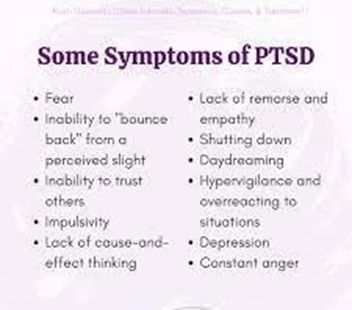A patient diagnosed with major depressive disorder begins selective serotonin reuptake inhibitor (SSRI) antidepressant therapy. Priority information given to the patient and family should include a directive to do what?
Avoid exposure to bright sunlight
Restrict sodium intake to 1g daily.
Maintain a tyramine-free diet.
Report increased suicidal thoughts
The Correct Answer is D
A. Avoiding exposure to bright sunlight is not specifically related to SSRIs; it may be a
consideration with certain medications due to photosensitivity but isn't a primary concern with SSRIs.
B. Restricting sodium intake isn't a directive associated with SSRI antidepressant therapy.
C. Maintaining a tyramine-free diet is a concern with certain antidepressants like MAOIs (Monoamine Oxidase Inhibitors) but not typically with SSRIs.
D. Reporting increased suicidal thoughts is a crucial directive because SSRIs may initially increase the risk of suicidal ideation, especially in the early stages of treatment.
Nursing Test Bank
Naxlex Comprehensive Predictor Exams
Related Questions
Correct Answer is C
Explanation
A. Contains foods high in tyramine like avocado, ham, and chocolate cake.
B. Includes smoked sausage and yeast rolls which are high in tyramine
C. This meal consists of foods typically low in tyramine content, suitable for a tyramine- restricted diet.
D. Macaroni and cheese, hot dogs, and banana bread can contain high levels of tyramine

Correct Answer is C
Explanation
A. Sleep disturbances are common in PTSD, but they might not address the current acute symptoms the client is experiencing.
B. This question explores the immediate trigger for an outburst but might not directly address the PTSD symptoms related to the sexual assault.
C. Inquiring about flashbacks directly relates to one of the hallmark symptoms of PTSD, especially given the recent severe anxiety related to the assault.
D. Avoidance behavior is a symptom of PTSD, but the question about experiencing a flashback addresses more immediate distress.

Whether you are a student looking to ace your exams or a practicing nurse seeking to enhance your expertise , our nursing education contents will empower you with the confidence and competence to make a difference in the lives of patients and become a respected leader in the healthcare field.
Visit Naxlex, invest in your future and unlock endless possibilities with our unparalleled nursing education contents today
Report Wrong Answer on the Current Question
Do you disagree with the answer? If yes, what is your expected answer? Explain.
Kindly be descriptive with the issue you are facing.
